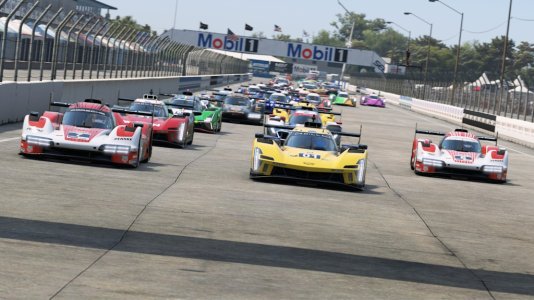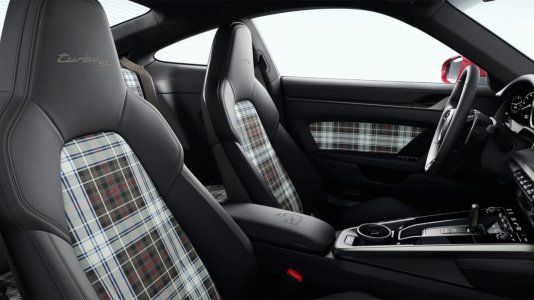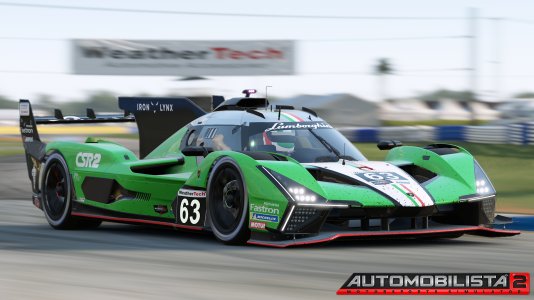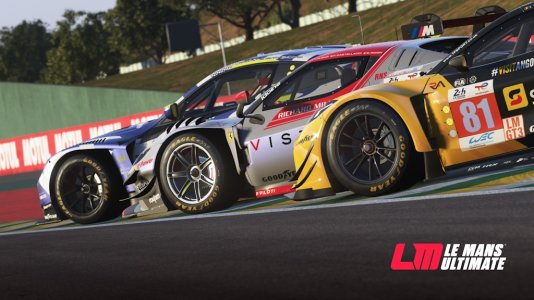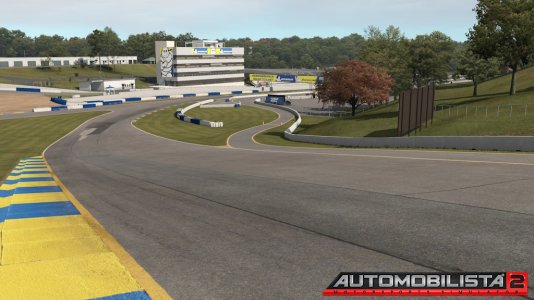All, this is not a race sim specific question, this is really to do with inputs in general, and stems from me wanting to use one PC to be the heart of both a race sim and a flight sim.
My current setup is that I have one rig (the one in the signature pic) that doubles as a race sim and a flight sim. That also goes for the PC that runs it, my logic being that only having one rig that I have to change from one sim type to another, there is no point in spending double on a redundant PC.
Lately I have concluded that as the flight sim now is so massively complicated to keep disassembling just so I can go racing, I will now look at a dedicated Race rig. I do, however want to try and keep using one PC, as it is an expensive bit and one good PC will do both, and I can't use both rigs at the same time! It also means an upgrade to it benefits both.
The problem comes from the sheer number of USB connections, primarily driven by the flight sim. With over 20 USB connections, it becomes a pain to disconnect and reconnect, and keep all the wiring good. At the moment, I am trying to keep all the USB connections to the main inputs and also the Arduinos as direct to the USB3 sockets in either the motherboard or a dedicated PCIe USB3 card, and use (predominantly powered) USB hubs for all else. I had noticed increased lag on some items with rising numbers of connections, hence the direct connection.
What I would prefer to do is to have all the rig USB connections go daisy chained into one powered hub, and then that is then a single connection into the PC - so only one USB cable to connect each time. My fear is this would lead to increase lag, so want to know what I can do to minimise the number of USB connections I have to disconnect each time, without causing other issues like lag
I hope I explained that correctly - I know some general concepts of USB, but what I know isn't sufficient to help me understand why the lag would occur or how to avoid it
Cheers
Les
My current setup is that I have one rig (the one in the signature pic) that doubles as a race sim and a flight sim. That also goes for the PC that runs it, my logic being that only having one rig that I have to change from one sim type to another, there is no point in spending double on a redundant PC.
Lately I have concluded that as the flight sim now is so massively complicated to keep disassembling just so I can go racing, I will now look at a dedicated Race rig. I do, however want to try and keep using one PC, as it is an expensive bit and one good PC will do both, and I can't use both rigs at the same time! It also means an upgrade to it benefits both.
The problem comes from the sheer number of USB connections, primarily driven by the flight sim. With over 20 USB connections, it becomes a pain to disconnect and reconnect, and keep all the wiring good. At the moment, I am trying to keep all the USB connections to the main inputs and also the Arduinos as direct to the USB3 sockets in either the motherboard or a dedicated PCIe USB3 card, and use (predominantly powered) USB hubs for all else. I had noticed increased lag on some items with rising numbers of connections, hence the direct connection.
What I would prefer to do is to have all the rig USB connections go daisy chained into one powered hub, and then that is then a single connection into the PC - so only one USB cable to connect each time. My fear is this would lead to increase lag, so want to know what I can do to minimise the number of USB connections I have to disconnect each time, without causing other issues like lag
I hope I explained that correctly - I know some general concepts of USB, but what I know isn't sufficient to help me understand why the lag would occur or how to avoid it
Cheers
Les
Last edited:



